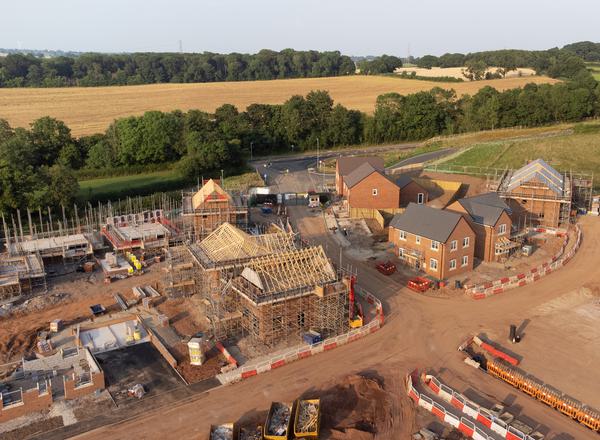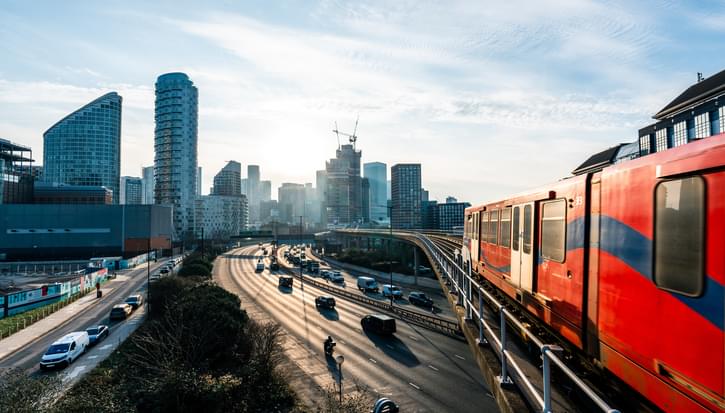
Strategic planning for green prosperity
Article
Land is a finite resource, and the demands made of it have only increased over time.
Not only do we need to house and feed more people, but also provide space for energy generation, areas for nature, places for climate mitigation, room for transport infrastructure.
The UK government has set itself objectives for housing, transport, energy and water infrastructure and delivering nature restoration; some of these will present challenges over prioritisation and require compromises. Planning is the key means that government has at its disposal to manage these tensions.
In this report, we argue that the objective should be to deliver high-quality housing that meets the needs of local communities, is future proofed, well connected to sustainable transport links, progresses legally binding net zero and environmental commitments, and has the buy-in of local people. To deliver this, strategic planning at national and regional or sub-regional levels will be essential.
You might also like ...

Planes, trains and automobiles: How green transport can drive manufacturing growth in the UK
Transport is essential to our lives. Unfortunately, it is currently also the largest source of UK domestic carbon emissions.
Regional economies: The role of industrial strategy as a pathway to greener growth
Regions like the North should have a key role to play in the development of a green industrial strategy.
2030 and beyond: Great British Energy's role in the green transition
The UK government created Great British Energy to help deliver secure, clean and affordable electricity.